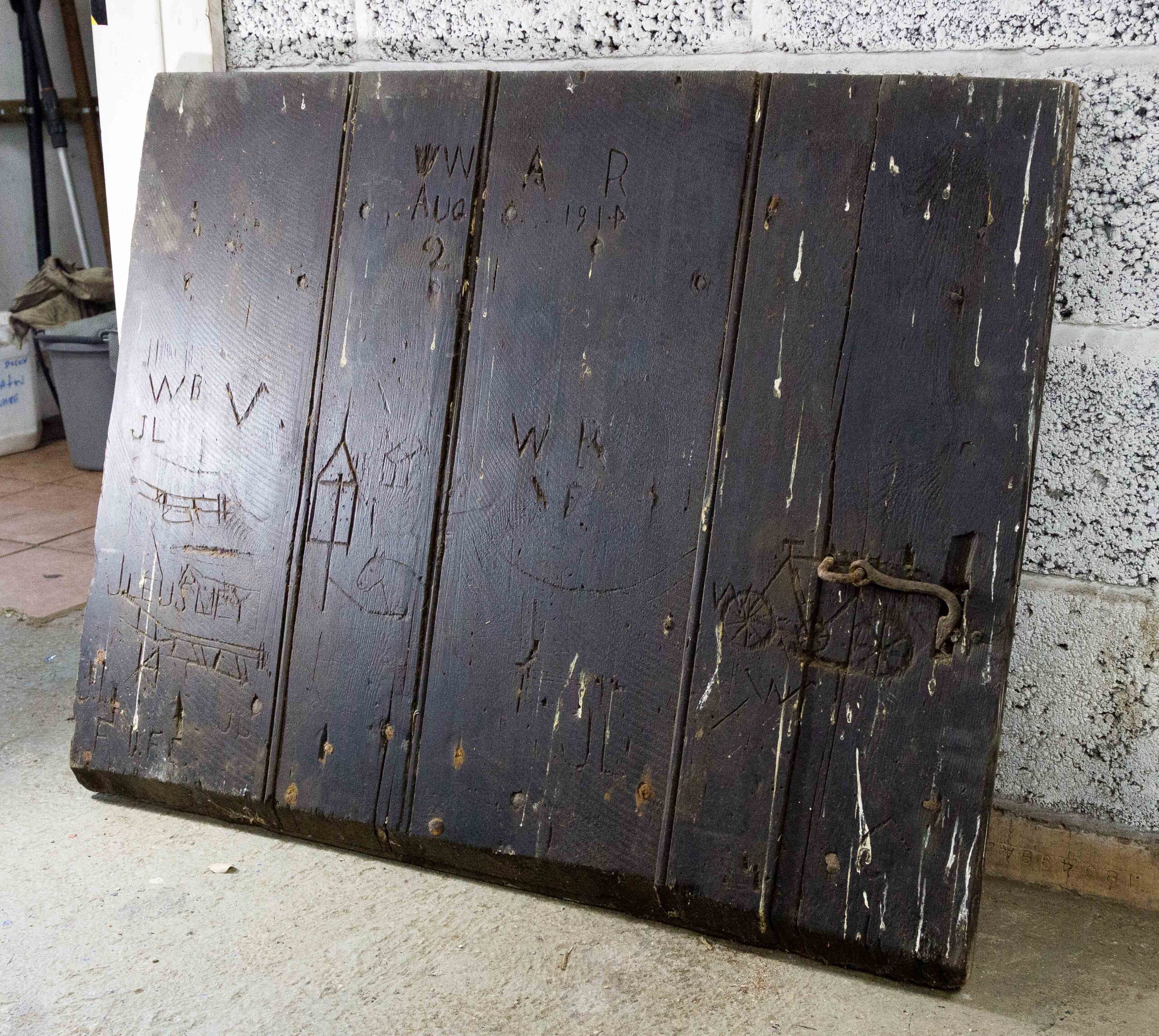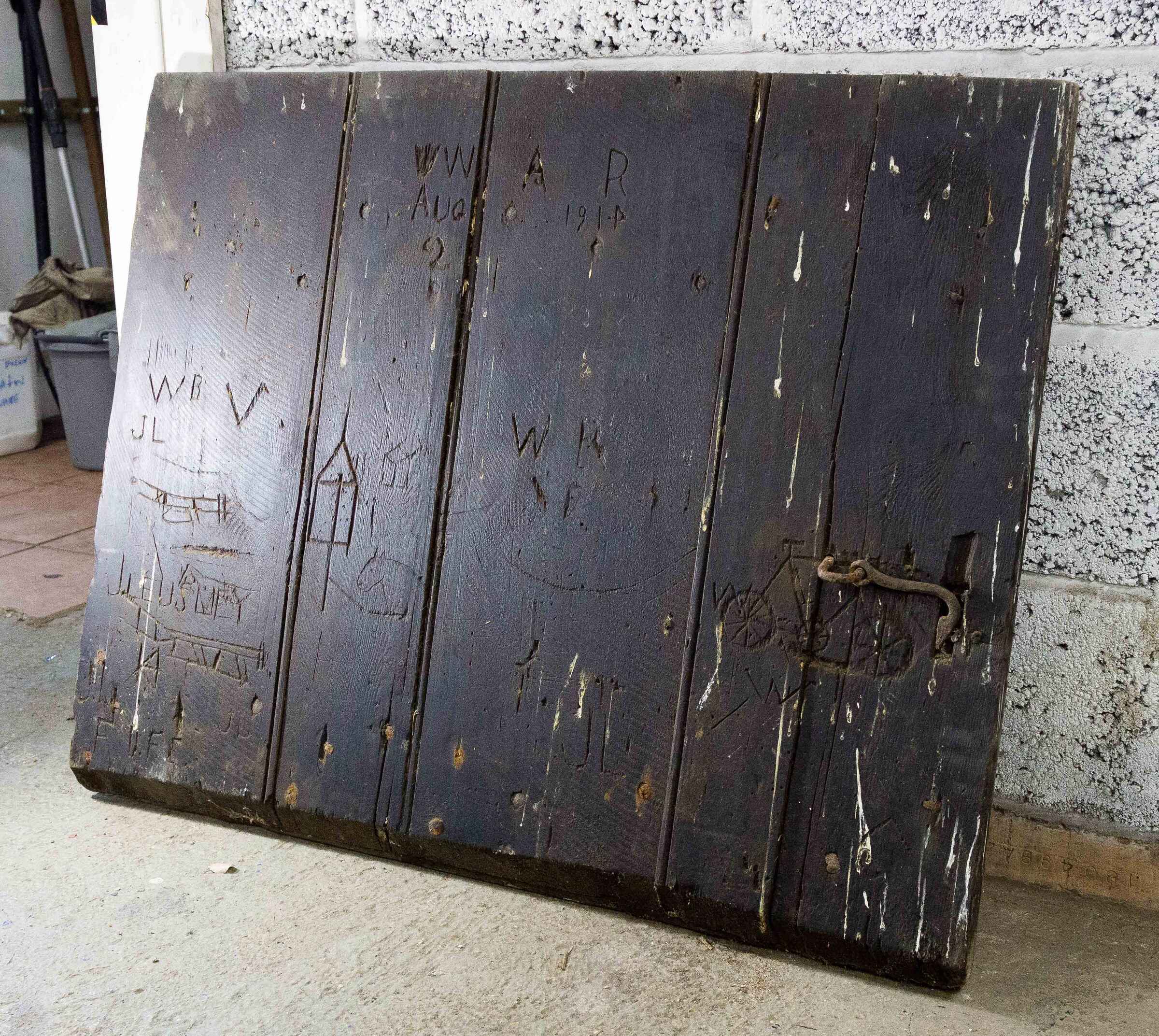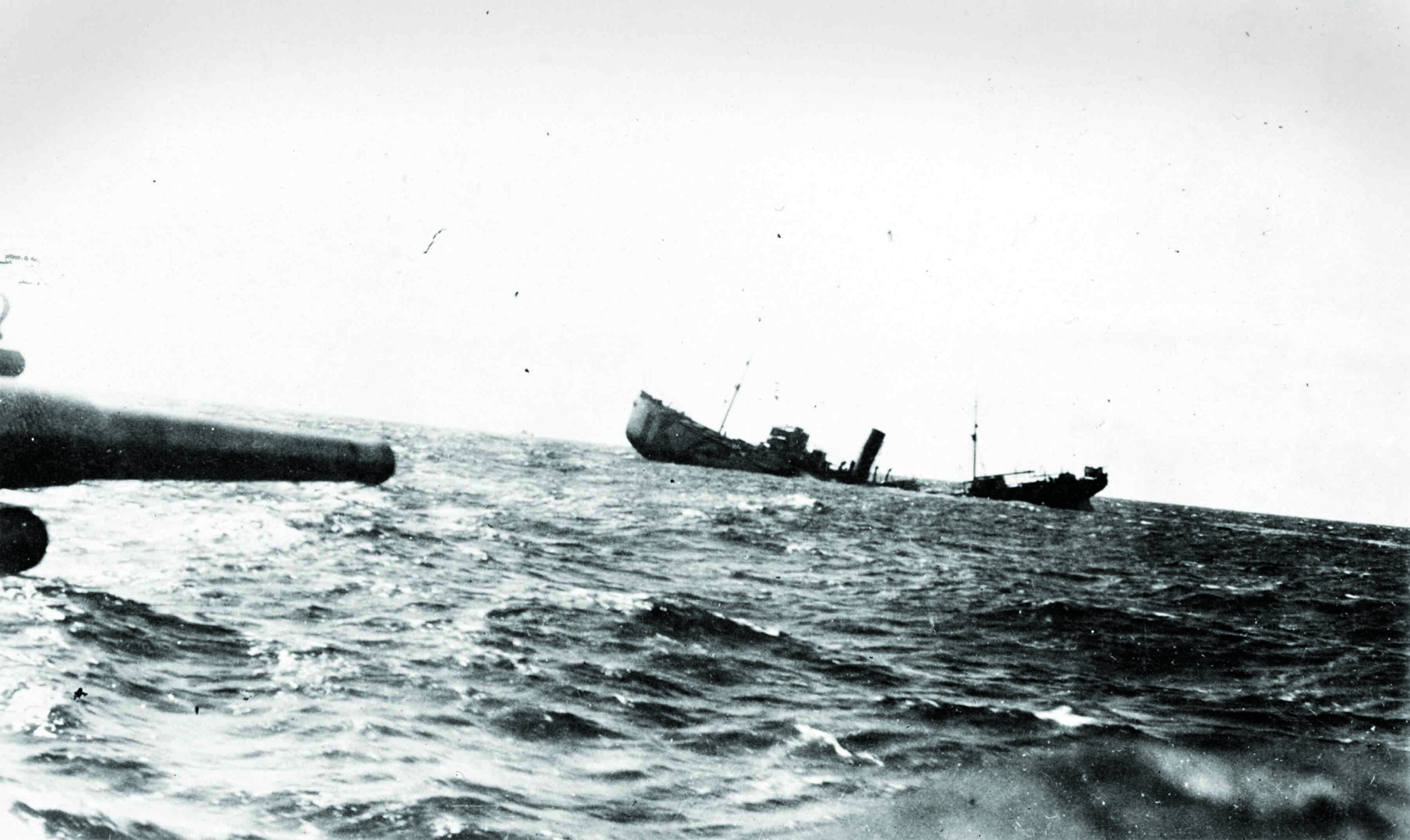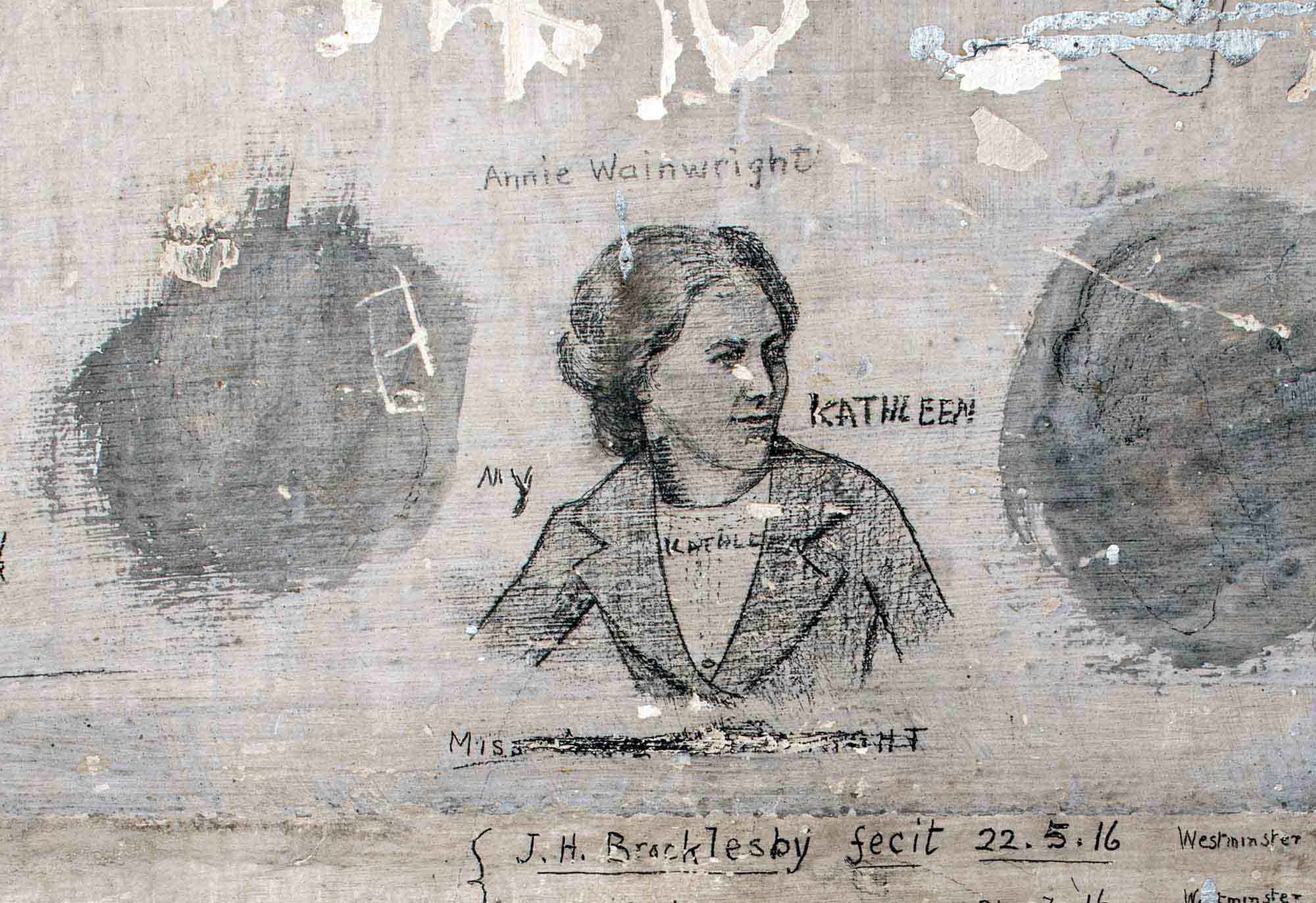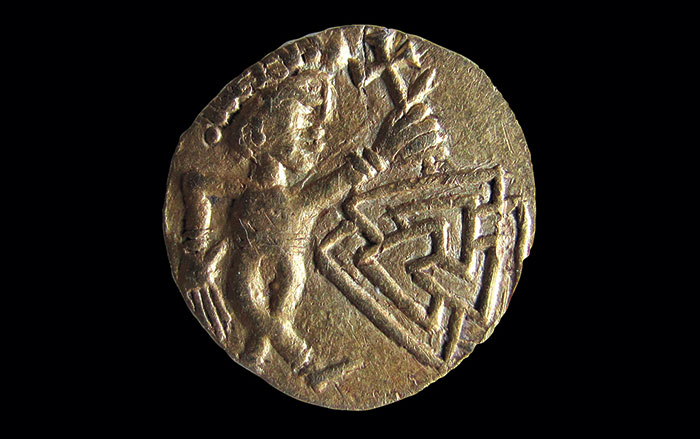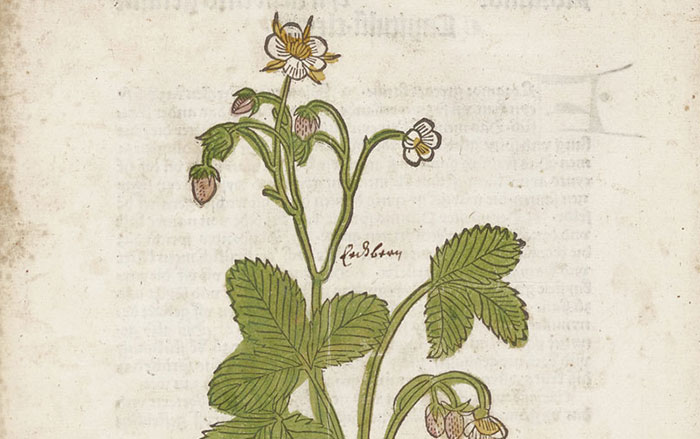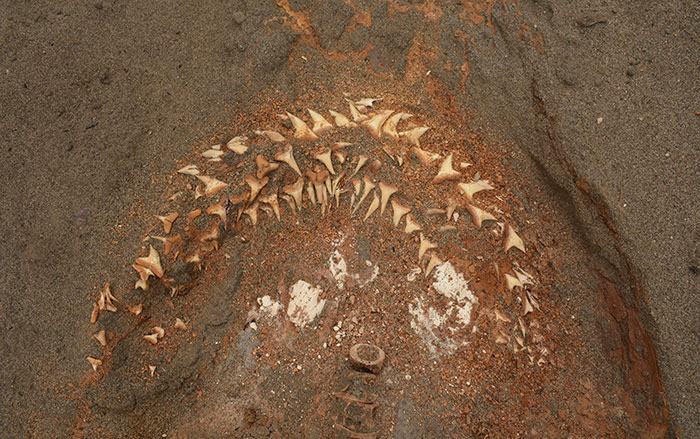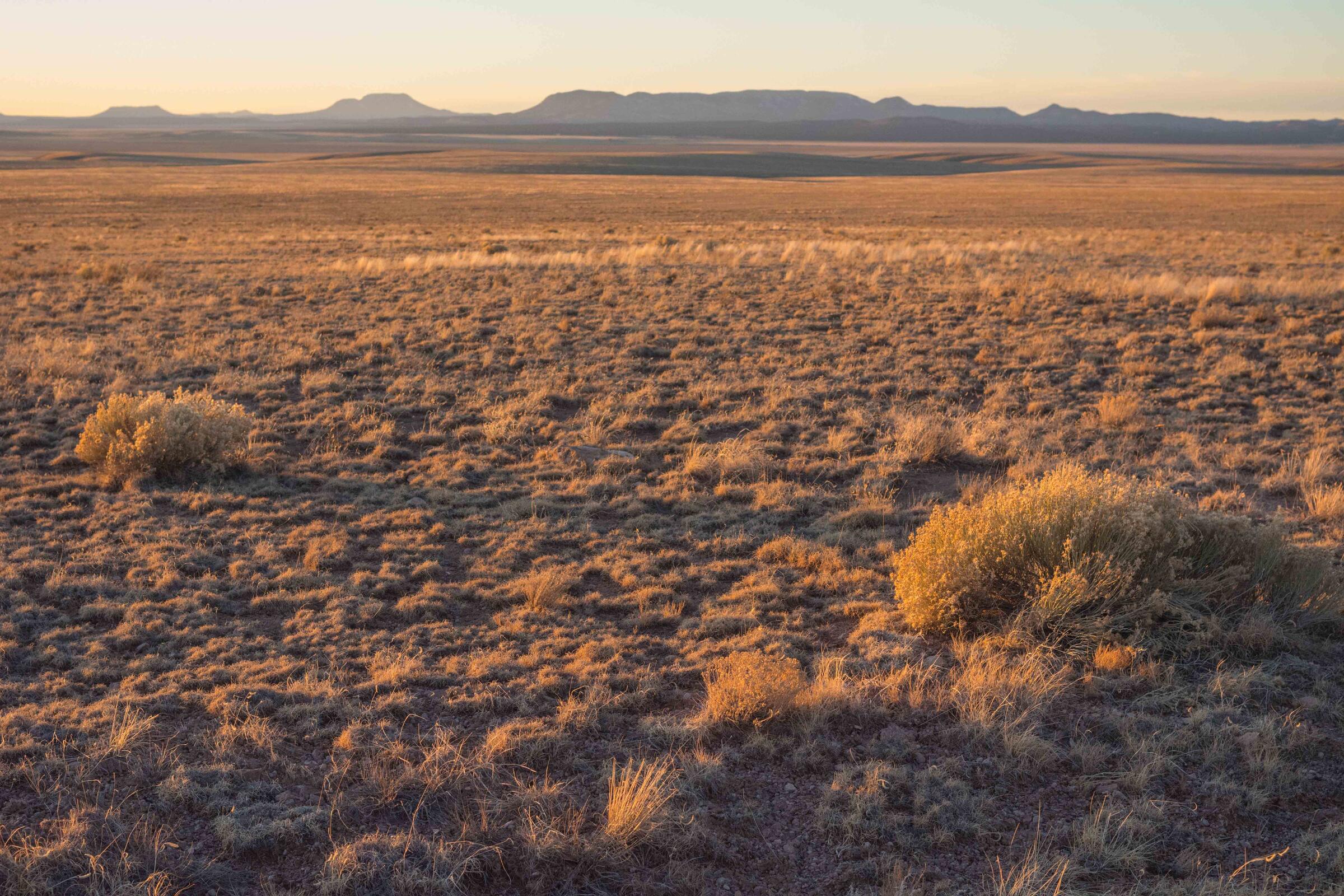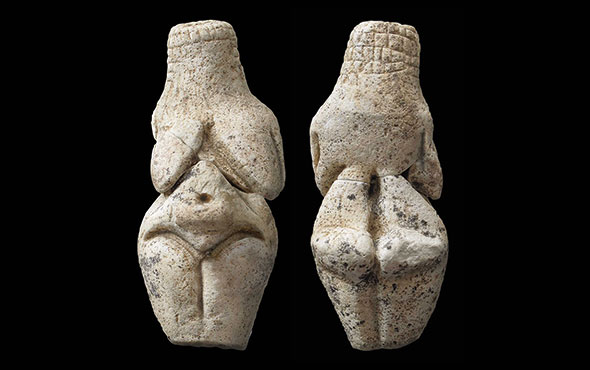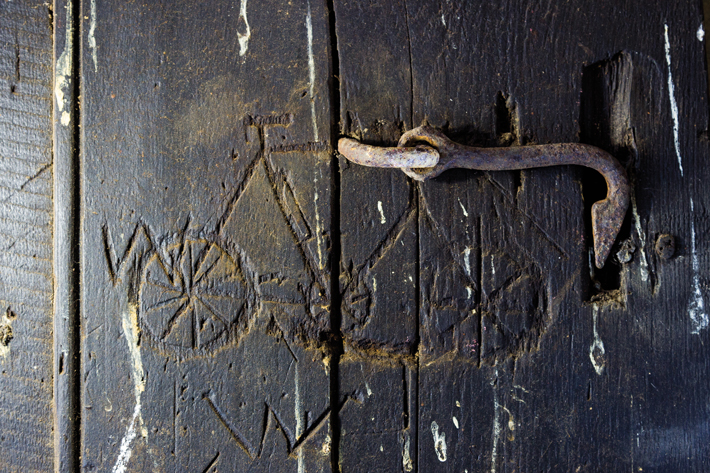
Recently discovered graffiti carved into a stable door at a farm in Lincolnshire during the first decades of the twentieth century mixes bucolic childhood concerns with matters of far greater import. Looming above images of plows, horses, and a bicycle is a stark record of the day Great Britain entered World War I: “WAR AUG 4 1914.” Below this date sits a question mark. “I wonder if this is someone asking, ‘When’s it going to end?’” says Ian Marshman, historic environment officer at the Lincolnshire County Council. The artists also signed their work with two sets of initials—WB and JL—and an abbreviated name, J. Leusley.
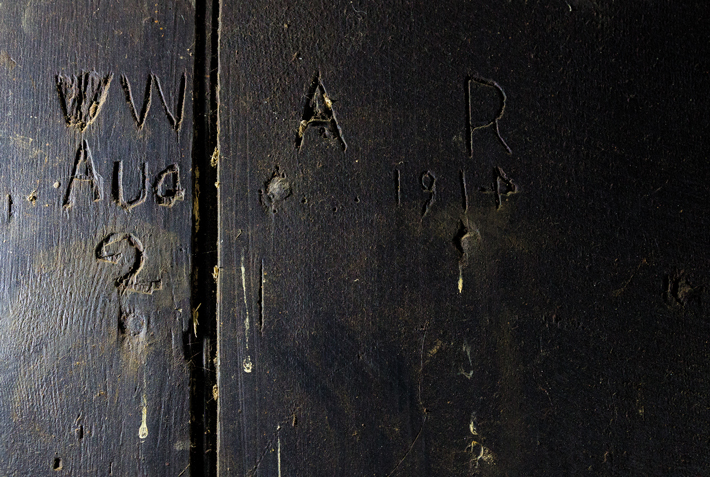
Marshman and his colleagues used census information to determine that WB was William Bristow, part of the family that owned the farm, and JL was John Leusley, a son of the owner of a nearby pub, The Axe & Handsaw. It’s likely the initials and other images were carved into the door years before the beginning of the war, when Bristow would have been around 22 and Leusley around 29. Bristow appears to have remained on the farm during the war, while Leusley was injured in France and received a partial pension, suggesting he could still work, but not at his skilled prewar job as a steam engine driver.
